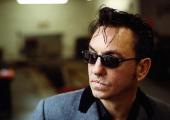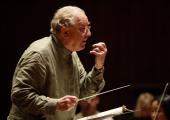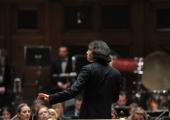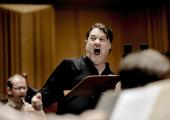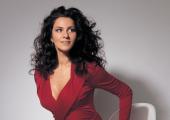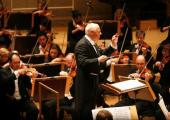theartsdesk in Baku: Festival puts 'Azerbai-where?' on the map
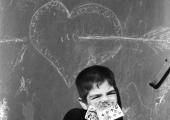
Azeri festival in London shines a light on a culture which straddles East and West
It’s a rare national culture festival that presupposes its audience will have no knowledge whatsoever of the culture concerned - or even be able to locate the country itself on a map. But that, we must assume from the “Azerbai-where?” promotional bus ads, was the starting point last November for organisers of the BUTA Festival of Azerbaijan Art, a series of very well-connected art and music events in London going on this month. Realistically, until petrol starts to be sold with a “produce of” notice, the country’s brand recognition looks set to stay on the low side.

